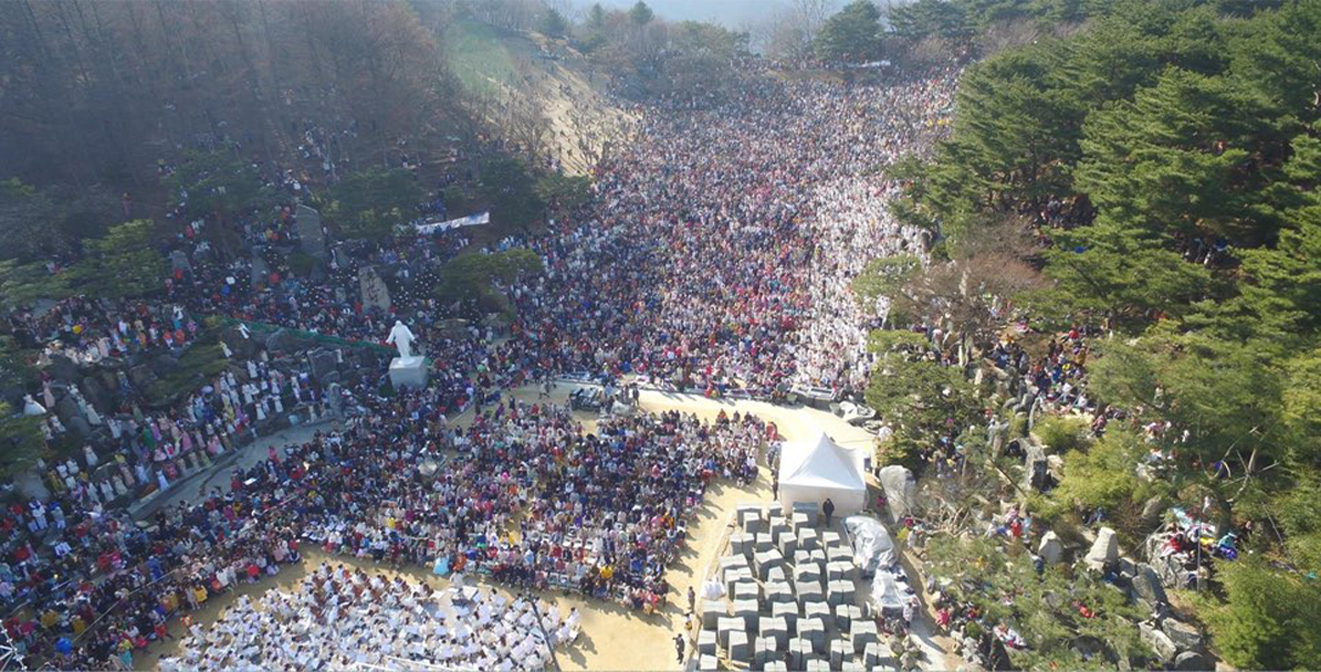Providence - God's Intervention, Prevision and Protection
The word “Providence” (English, Providence; Latin, Providentia; Greek, Pronoia) is not a term seen in the Old and New Testaments. Rather, it is an important theological term that was used by theologians and Christian leaders throughout history. Although they differed in their opinions, overall, they mostly viewed the term “Providence” as either God’s administration of nature, history, church and people's lives, or as the immediate provision and concrete concern that God has toward world advancement.
From the beginning of the nineteenth century, Europe, with a population of mostly Protestants and Catholics, distinctly began to take Christ out of their everyday lives. Modern society appeared to be walking towards total ‘secularization.' In 2000, a New York Times editor wrote, “The empty pews and grey-haired congregation is evidence for those who argue that traditional religious worship is dying out.”
Footnote: In this way, the word “Providence” is also slowly becoming a term left out of theological dictionaries.
God's History is Being Carried Out on This Land
Yet, there are also scholars who have observed that faith has not actually disappeared, but that God is just relocating
From 1978, Pastor Jung Myung Seok, the founder and president of the Christian Gospel Mission, started to prominently use the term “Providence” again. This is to express that the “Living God” is still clearly and continuously working upon this land during this changeover of centuries. God is continuing to progress the actualization of His glorious Will, even in this present time.
Pastor Jung defines the term “Providence” as “God’s Will” and “God’s history.” He emphasizes, “God’s history is being carried out on this land. If you are not aware of it, then that history will pass you by in an instant. In following God, be persistent and walk on the path of God’s history to the end. Towards the end, God will fulfill His ‘Will’ and His ‘purpose.’” Pastor Jung also said that, “The end will be abundant. The end will settle accounts. At ‘the end,' everything must have a finish; therefore, everything should be done before ‘the end.’” This is Pastor Jung’s ideology that he has personally put into practice. For pious Christians, this ideology has reignited the fire of actualization and hope in Jesus’ Word,“ God is the God of the living.”
Footnote1: Cited from Brent Staples, New York Times, November 26, 2000

